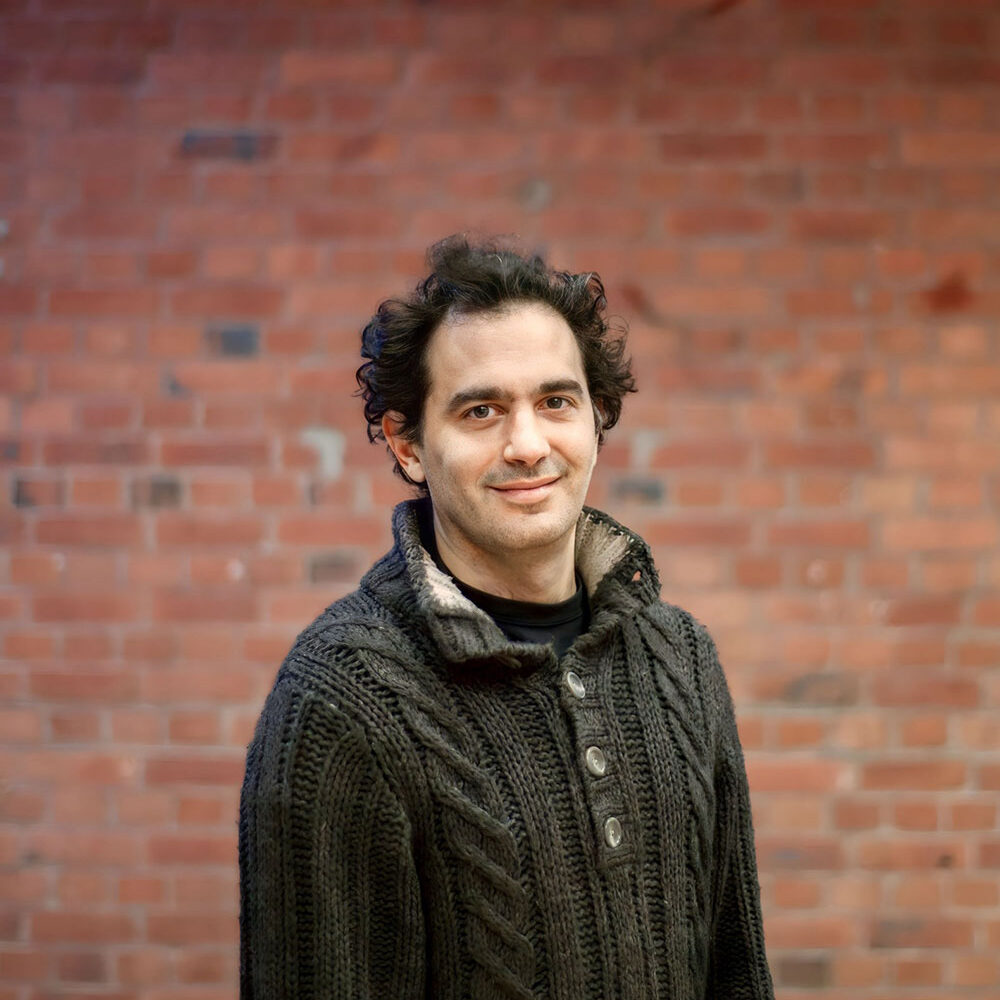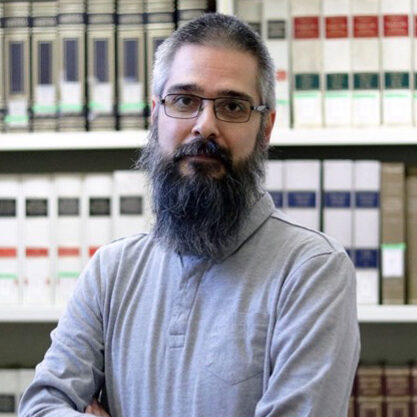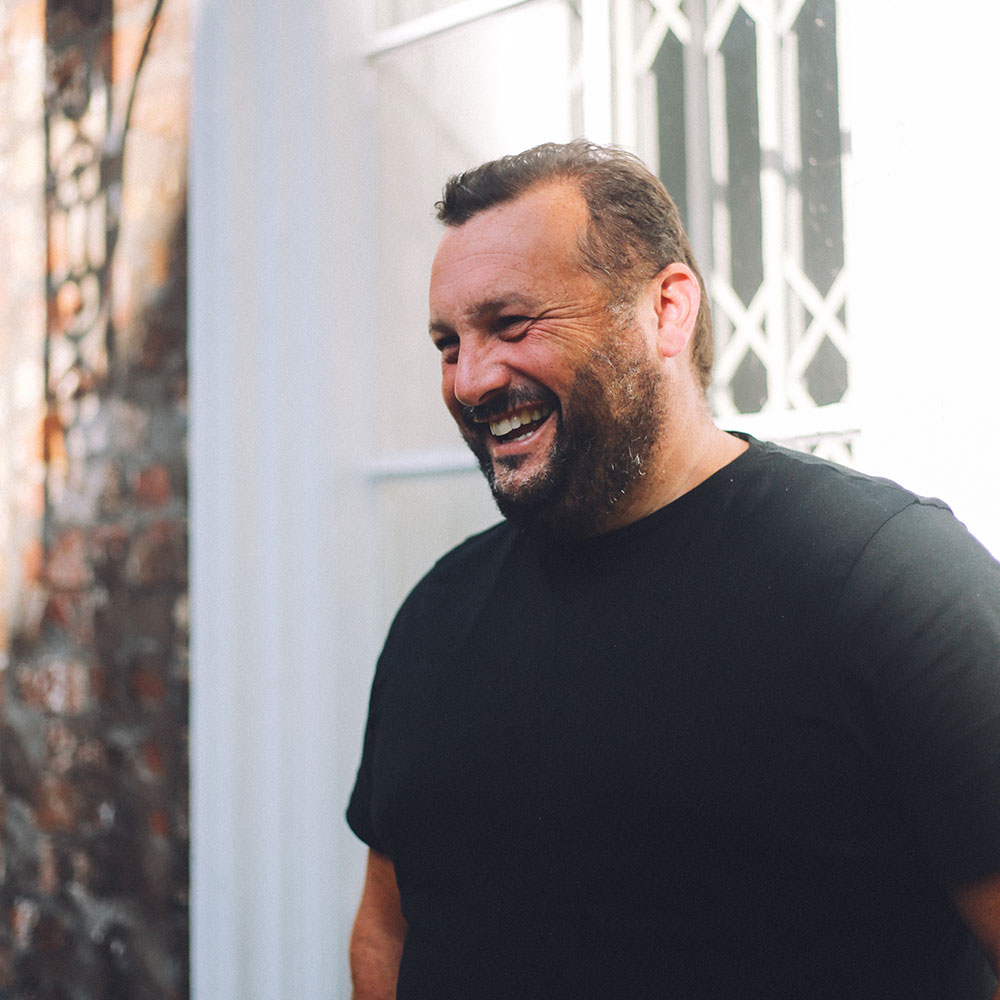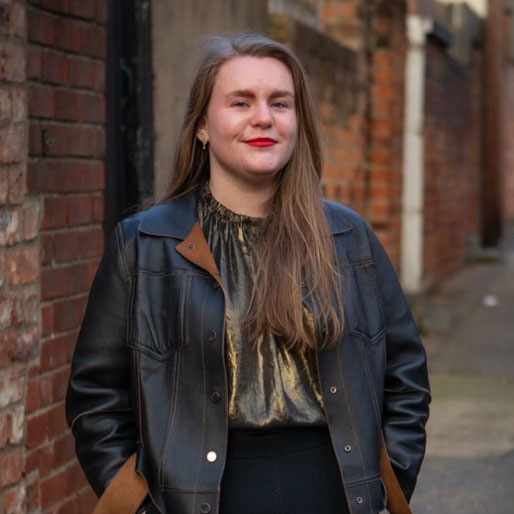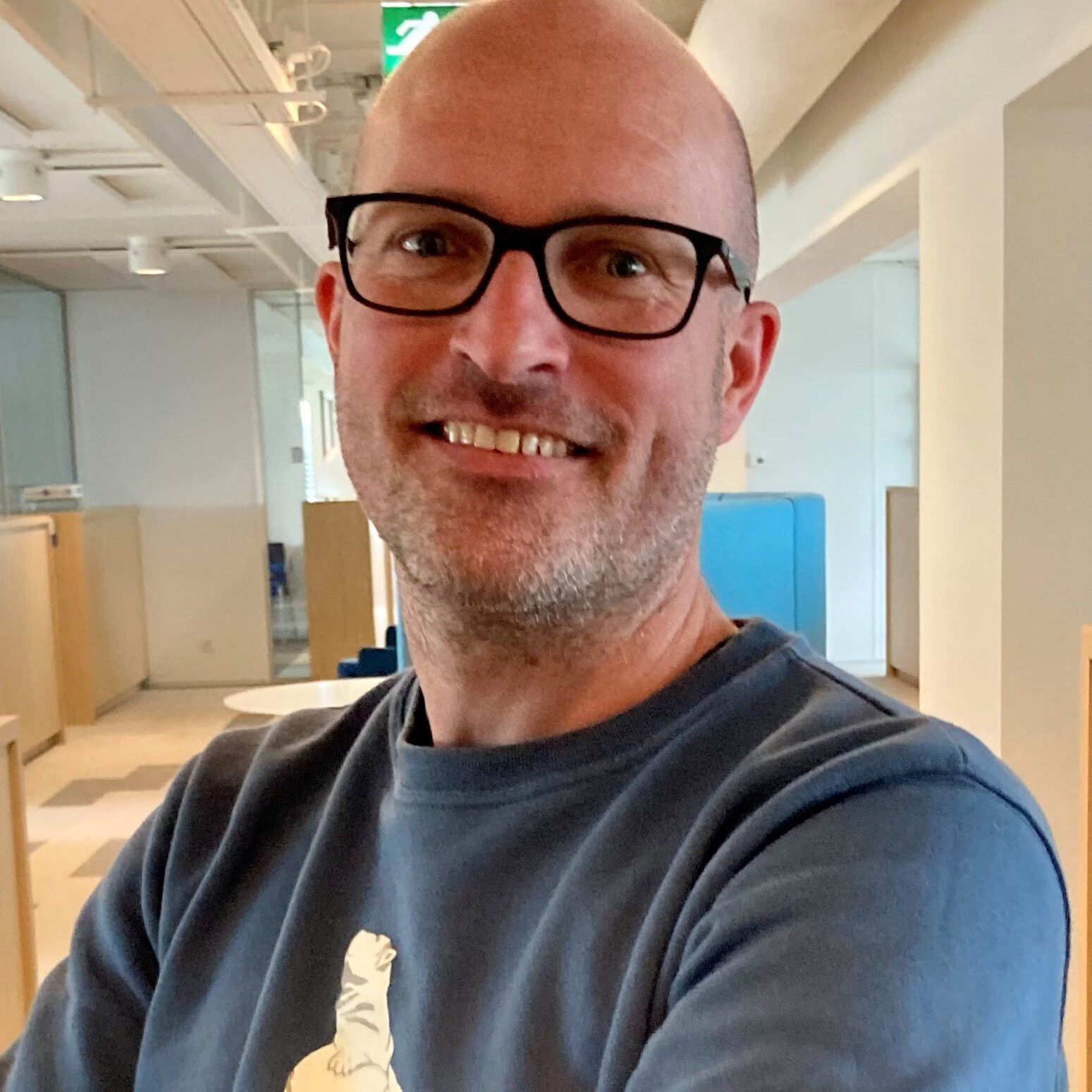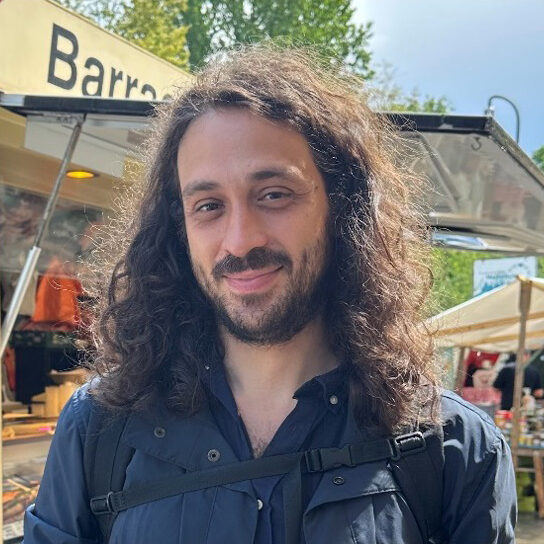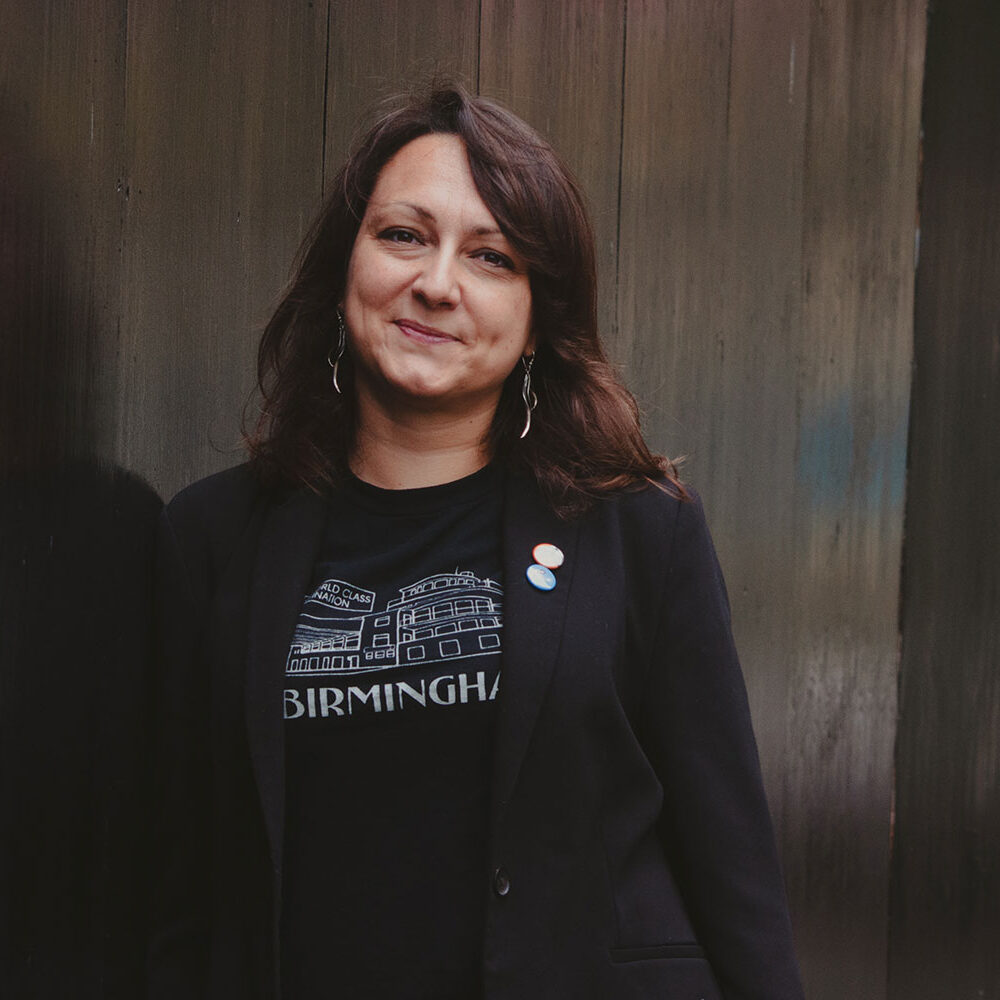Mapping Music in Urban and Regional Economies
In today’s urban economies, music plays a crucial role in both economic growth and cultural enrichment. Whether through local gigs or major events, live music contributes to the vibrancy of cities by attracting attention, fostering community, and driving revenue. Yet, its broader impact on urban economies remains underexplored.
How does music intersect with local economies, regulations, and city planning? And how can policymakers, businesses, and musicians harness this power for more strategic, sustainable outcomes?
The Live Music Mapping Project (LMMP) seeks to answer these questions. As a cross-disciplinary, global initiative, the LMMP focuses on evaluating and mapping the music ecosystems in cities and regions worldwide. By investigating the complex interplay between musicians, venues, local economies, and city regulations, the LMMP aims to provide valuable insights into the socio-economic role of live music.
Understanding Live Music as an Urban Ecosystem
At the heart of LMMP’s work is the idea of live music as an “ecosystem”—a dynamic, interconnected system that includes not only musicians and venues but also policymakers, audiences, and businesses. Live music, in this context, isn’t just about entertainment. It’s a complex web of social, economic, and cultural forces that play out on urban stages every day.
Music brings economic and cultural capital to cities, but its full value is often underappreciated or misunderstood. According to the European Commission (EC, 2006) and the International Federation of the Phonographic Industry (IFPI), music contributes significantly to local economies, creating jobs, driving tourism, and increasing foot traffic in city centres. Music is also a powerful tool to understand and create a better night-time economy.
Yet, despite its value, there remains a lack of comprehensive data on its impact, making it difficult for policymakers and businesses to craft informed strategies. This gap in knowledge is what the LMMP seeks to address, by mapping music ecosystems. The LMMP aims to measure not just the direct economic benefits of live music—ticket sales, job creation, or venue revenue—but also the broader social and cultural contributions it music makes to urban life.
A Cross-Disciplinary, Global Effort
The LMMP is a UK-based research consortium that brings together partners from Europe, the USA, and New Zealand. With a growing network of over 30 researchers and experts in areas such as policy analysis, popular music studies, cultural heritage, data management, and geospatial mapping, the project is truly cross-disciplinary. The team is composed of both seasoned professionals and early-career analysts, blending fresh perspectives with established expertise.
The collaborative nature of the LMMP makes it a truly global initiative, with ongoing research and mapping in cities like Birmingham, Edinburgh, Hamburg, Liverpool, Milan, Newcastle, Rotterdam, and Wales, with plenty to come, expanding the reach of the project to new urban environments and music cultures. This global outlook allows the project to compare and contrast music ecosystems across regions, creating a more holistic understanding of the industry.






